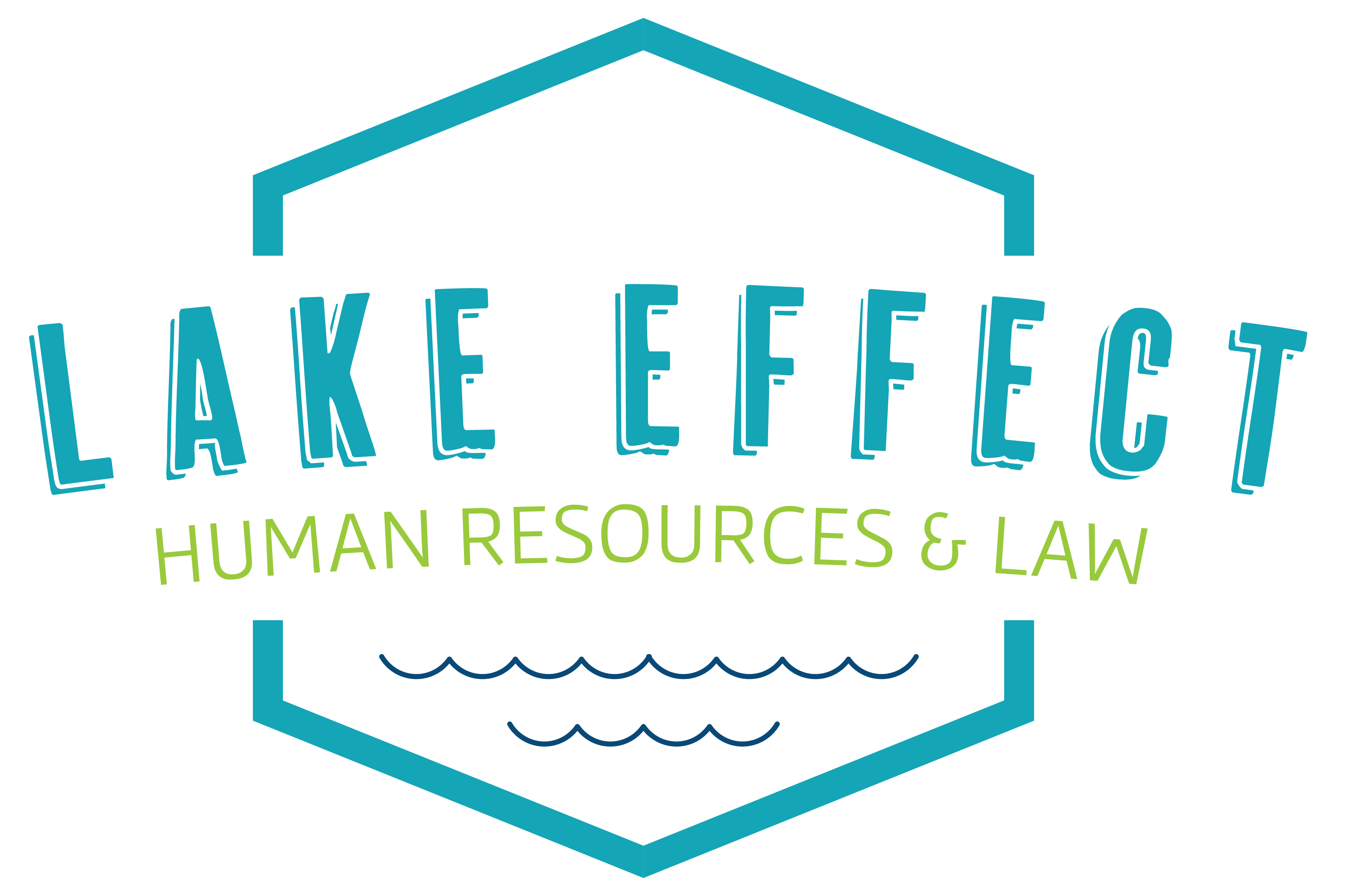Over the past several months, most businesses and organizations have been focused on the ever-changing landscape created by the COVID-19 pandemic. In the meantime, the Department of Labor (DOL) and other federal agencies have been busy implementing new and amended regulations affecting employers. Here are the recent HR and employment law updates you really need to know.
Retirement Plan Disclosures
Under a new DOL rule employers may post retirement plan disclosures online or deliver disclosures to plan participants by email. Before employers can initiate a new electronic delivery system, plan participants must be provided a paper notice informing them about the new electronic delivery, the email or web address that will be used, and the right to opt out if they prefer to continue receiving paper disclosures. Although the rule is not effective until July 27, DOL has announced that it will not take any enforcement action against a plan administrator that relies on this new rule before that date. This rule reflects the reality that many employees are still working remotely and confirms the necessity of utilizing virtual and electronic tools to deliver important information to your workforce
Updates for Non-Exempt Employees
The DOL has also enacted two new rules under the FLSA affecting non-exempt employees. First, the DOL confirmed that employers can pay bonuses, commissions, and other incentive payments to salaried, non-exempt employees who work and are paid by the fluctuating workweek method (i.e. their hours vary each week, but they are paid on a fixed salaried basis regardless of hours worked per week, with the exception of overtime hours which are paid an additional .5 x the employee’s regular rate). The intent of the rule change is to make it easier for employers to provide additional pay for salaried, non-exempt employees. The rule also clarifies that the additional pay must be included in the regular rate calculation to determine overtime pay for non-exempt employees working a fluctuating workweek.
The second new rule under the FLSA simplifies the overtime exemption for retail sales employees. Businesses that qualify as “retail or service establishments” may be able to exempt their commissioned employees from overtime pay. To qualify for this exemption, a business must have a “retail concept,” meaning that it typically sells goods or services to the general public, serves the general needs of the community, is at the very end of the stream of distribution, disposes its products and skills in small quantities, and is not a manufacturer. Several decades ago, the DOL developed a list of businesses that could qualify for the exemption and a list of businesses that would not. The new rule abolishes those lists. Going forward, no businesses will be automatically excluded. Rather, all businesses will be subject to the same qualifying test to determine if they constitute “retail or service establishments” and can therefore exempt their commissioned employees from FLSA overtime requirements.
Health Savings Account Updates
The IRS announced that health savings account (HSA) contribution limits for 2021 will be increased to $3,600 for individual coverage under a high-deductible health plan (an increase of $50) and $7,200 for family coverage (an increase of $100). The maximum annual deductibles to qualify as a high-deductible plan will not change from the current minimum annual deductible of $1,400 for individual coverage or $2,800 for family coverage. However, the maximum out-of-pocket amounts will increase to $7,000 for individual plans (up from $6,900) and $14,000 for family plans (up from $13,800).
As a reminder, the CARES Act expanded the scope of HSAs. Employees can now use their HSAs to pay for over-the-counter medications and menstrual care products.




